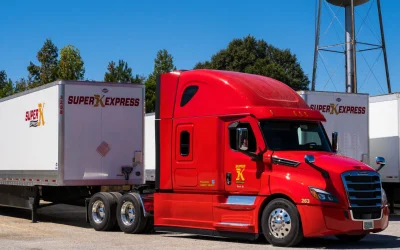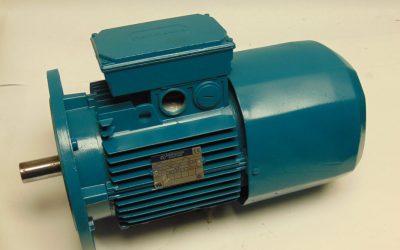All metals expand when they are heated, and contract again when they cool. High temperature alloys are better able to cope with this expansion and contraction, and have good thermal conductivity, dissipating the heat effectively and thus helping to avoid mechanical failure.
High temperature alloys are basically metals which generally operate between temperatures of 500°F and 2200°F. They are also called super alloys, and are known for their excellent mechanical strength and their resistance to failing or deforming at high temperatures. Other characteristics include good corrosion and oxidation resistance, and good surface stability, as well as good weldability and ease of fabrication.
What are They Made From?
Super alloys usually have iron, cobalt or nickel-iron as their base element. Iron base alloys are made up of the low chromium alloys; iron-nickel base alloys are both age hardenable and non-age hardenable; and cobalt base alloys are useful in sulfur-heavy environments, where nickel-based alloys would be attacked.
Alloying elements are then added to these elements to improve their base properties. These other additions often include:
* Chromium – helps with resistance to oxidation and corrosion.
* Molybdenum and Tungsten – these are strengthening elements, which also improve the alloy’s resistance to corrosion.
* Cobalt – this increases the stability of the hardening phase, and provides improved resistance to creep and heat corrosion.
* Aluminum – together with nickel, this forms the primary strengthening phase.
* Carbon and/or Nitrogen.
* Titanium and Columbium – these form stable carbides and add strength.
Super alloy products that are used in corrosive atmospheres at high working temperatures are usually coated with one of two protective coatings – pack cementation or gas phase – both of which are a kind of chemical vapor deposition. In most cases, after the coating process is complete, the parts nearest the surface are then enriched with aluminum.
What are They Used for?
The development of high temperature alloys was originally driven by the aerospace industry, but typical applications have expanded to include:
* Turbine blades for jet engines
* Combustion engine exhaust valves
* Gas turbines
* Fuel nozzles
* Furnace muffles
* Heat treating fixtures
* Power plants
* Pollution control equipment
Applications in the ceramics, waste disposal, fossil energy production and electronics industries are also gaining popularity.
Want to Know More?
Welding Warehouse stocks a wide variety of welding materials in many different grades and sizes. Visit us at weldingwarehouseinc.com to find out more.


